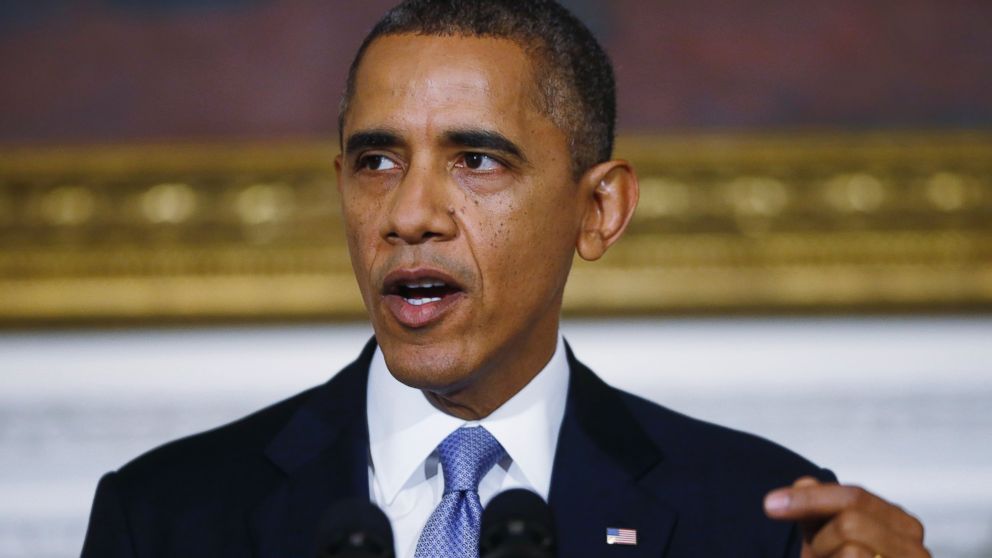Will We Ever Learn: Presidents And Policies
Obama's health care policy and Bush's Iraq War policy have much in common.

Oct. 24, 2013— -- 1. One signature policy defines the entire administration of a president.
2. The president comes into office promising to change the tone in Washington and bi-partisanship, and this signature policy becomes one of the most polarizing and divisive issues ever and is totally viewed through a partisan lens.
3. President pushes through this defining policy as part of a solution to a bigger and only tangentially related crisis.
4. The public is initially told that this signature policy will pay for itself.
5. President holds campaign-style event after massive mistakes and mishaps to explain the situation but is unwilling to humbly accept his own accountability and to hold accountable the cabinet secretary in charge of the policy.
6. After all the mishaps on signature policy, a surge is reluctantly advocated as a solution to policy mistakes.
Is this President George W. Bush on the war in Iraq, President Barack Obama on the Affordable Care Act, or both of the above? If one isn't drinking the partisan Kool-Aid, the answer should be both of the above.
Obviously, there are many differences between these situations, and I understand there is a big qualitative difference between going to war and trying to fix a broken health care system, but many of the similarities are upsettingly eerie. And the way each president handled the communications on these and his own inability to show humility and accountability is shocking similar. It is as if he took the same class somewhere on how to mishandle key moments on such important policies.
Some of the six items above are self-explanatory while others may be a little confusing, so let me explain a bit further on a few.
Each president pushed through this signature policy as a broader solution to an existing crisis. President Bush pushed the Iraq War as part of a solution in the aftermath of 9/11 to worldwide terrorism. As we all know now, this was at best tangentially related.
President Obama pushed through health care reform partly as a solution to the economic crisis he faced, and at best this too was only tangentially related.
Both presidents as part of their advocating these signature policies stated that they would pay for themselves. We now know this isn't true. We were told that the Iraq War and health care reform would ultimately pay for themselves, one from Iraq oil reserves and the other from cost savings. Both, it seems, turns out not to be true.
Even as mistakes mounted and lapses occurred, President Bush refused to fire Defense Secretary Donald Rumsfeld, and now so far President Obama has refused to fire HHS Secretary Kathleen Sebelius. Both presidents seemed to have passed MBA 101 where a leader needs to delegate, but neither seems to have taken MBA 201 where you follow up diligently and hold people accountable for mistakes.
And in the end, after finally seeing errors were made and that something needs to change, each president advocated a surge to fix the policy problems. President Bush did this with more troops in Iraq to quell erupting violence, and now President Obama is doing the same with adding more technology folks and people with more knowledge to fix erupting tech problems.